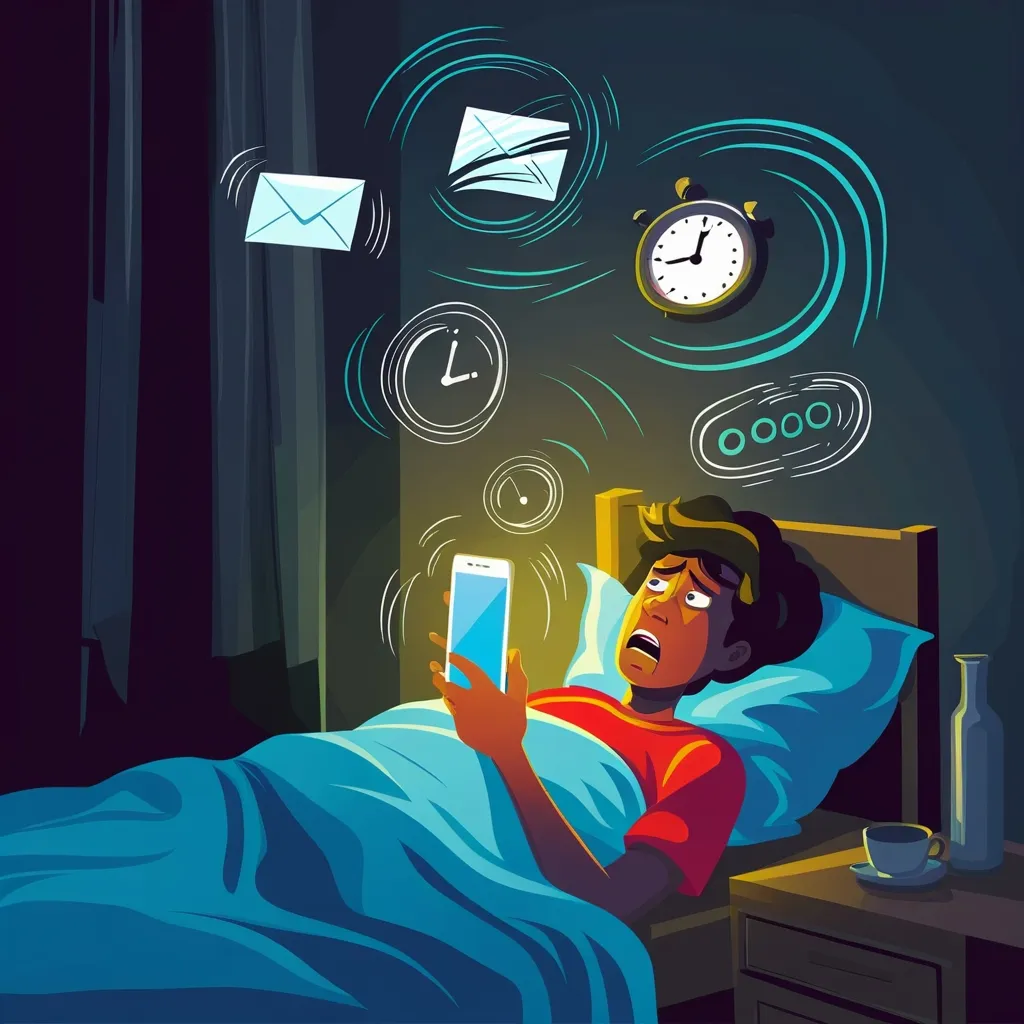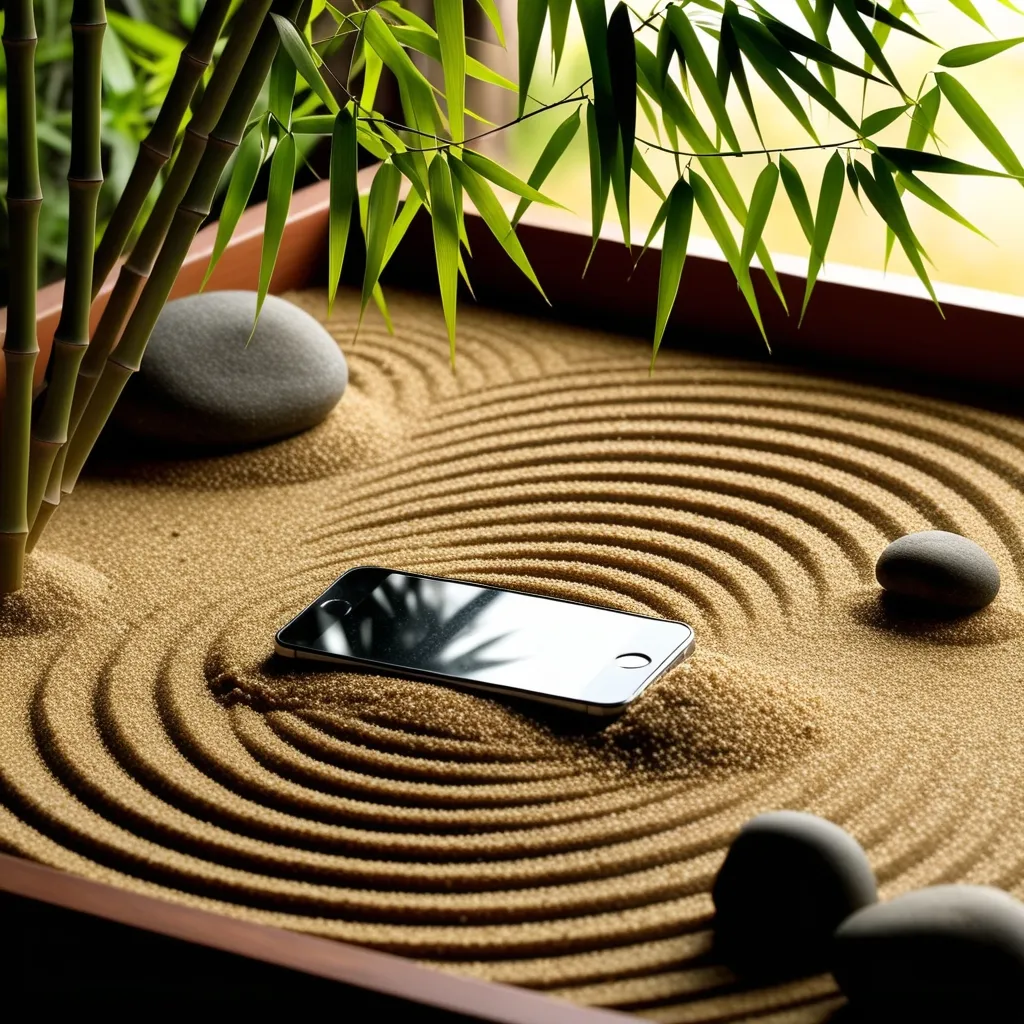Insomnia, if you’ve ever had trouble sleeping, you’re not alone. This common sleep disorder affects millions of people around the globe, messing up their ability to fall asleep, stay asleep, or get that deep, quality sleep we all crave. The reasons behind insomnia can vary, but stress and bad sleep habits are often major culprits. And boy, can it mess up your daily life!
First up, there’s stress. It’s like that annoying itch you can’t scratch. Stress from work, personal relationships, or big life changes can lead to a merry-go-round of sleepless nights and daytime anxiety. Imagine you’re stressed out, so you can’t sleep. Then, because you’re sleep-deprived, you’re even more stressed. It’s a vicious cycle, isn’t it?
Stress pulls the worst kind of tricks on your sleep. It robs you of deep sleep and messes with REM sleep, which is super important for your mental and physical health. If you’ve ever lain awake for hours, unable to fall asleep or waking up way too early, you know how frustrating it can be. This poor quality of sleep leaves you feeling groggy, cranky, and just plain exhausted during the day. Everything becomes harder to handle. The brain fog is real, and patience? Forget about it.
Now let’s talk about those pesky sleep habits. Ever stayed up late staring at your phone or laptop? Those screens emit blue light which can mess up your melatonin production—the hormone that tells your brain it’s time to sleep. Also, that late-night coffee or alcohol isn’t doing you any favors. Caffeine and nicotine are stimulants that keep your brain wired when you should be winding down.
Lifestyle choices add another layer to the problem. Working late shifts, traveling across time zones, or just being a couch potato can throw your sleep schedule off balance. When your internal clock is out of whack, falling asleep becomes an epic struggle.
So, what does insomnia look like symptom-wise? Trouble falling asleep, staying asleep through the night, and waking up too early are at the top of the list. You might feel like you haven’t slept a wink, even if you’ve been in bed for hours. This lack of restful sleep leaves you dragging through the day, struggling to concentrate, and forgetting where you put your keys. It also doesn’t play nicely with your mood. Irritability, hyperactivity, or even aggression can crop up, especially in kids.
Insomnia comes in two flavors: acute and chronic. Acute insomnia is short-term, lasting a few days or weeks, usually thanks to temporary stress like a rough project at work or losing a loved one. Chronic insomnia, however, is a long-haul problem. It sticks around for three months or more, often tied to ongoing stress, medical conditions, or other sleep disorders.
But, hey, all is not lost. There are ways to tackle insomnia, involving a mix of lifestyle tweaks, counseling, and sometimes medication. The big one here is good sleep hygiene. This means setting a regular bedtime, creating a sleep-friendly environment, and avoiding things that stimulate your brain right before bed. So, no caffeine, nicotine, or screen time at least an hour before hitting the hay.
Cognitive-behavioral therapy for insomnia (CBT-I) is also a great option. It helps you change those pesky sleep habits and behaviors contributing to insomnia. Plus, it tackles any underlying issues like anxiety or depression, which often go hand-in-hand with sleep problems.
Medication can help too, but it’s usually for short-term relief. Long-term solutions are more about sustainable lifestyle changes. Regular exercise, avoiding heavy meals right before bed, and practicing relaxation techniques like deep breathing or meditation can work wonders for your sleep quality.
And let’s not forget the importance of seeking professional help. If insomnia is dragging down your daily life, it’s crucial to see a healthcare provider. They’ll diagnose insomnia with a detailed medical and sleep history, maybe even a physical exam or sleep study. A healthcare professional can pinpoint any underlying causes—like medical conditions or other sleep disorders—and guide you on the best treatment path.
Ultimately, insomnia is a complex beast, influenced by stress, poor sleep habits, and various other factors. By understanding what’s causing it and recognizing the symptoms, you can take proactive steps to improve your sleep hygiene and seek professional help when needed. Better sleep not only boosts your health but also improves your overall well-being. Isn’t that worth a few simple changes?
So here are some practical tips for better sleep:
- Establish a Regular Sleep Schedule: Going to bed and waking up at the same time every day, including weekends, helps regulate your body’s internal clock.
- Create a Sleep-Conducive Environment: Make your bedroom a sleep haven. Keep it dark, quiet, and cool. Invest in a comfy mattress and pillows.
- Avoid Stimulants Before Bedtime: Steer clear of caffeine, nicotine, and electronic screens for at least an hour before bedtime.
- Engage in Relaxation Techniques: Practicing deep breathing, meditation, or yoga can help relax your mind and body before sleep.
- Limit Naps: If napping is a must, keep it short and don’t nap close to bedtime.
- Stay Active: Regular physical activity improves sleep quality, but avoid vigorous exercise right before bed.
Incorporating these tips into your daily routine can make a massive difference in your sleep quality and help prevent insomnia. Good sleep is essential for your health and well-being, and small changes can lead to restful nights and productive days. So why not give them a try? Here’s to better sleep and more energized mornings!






